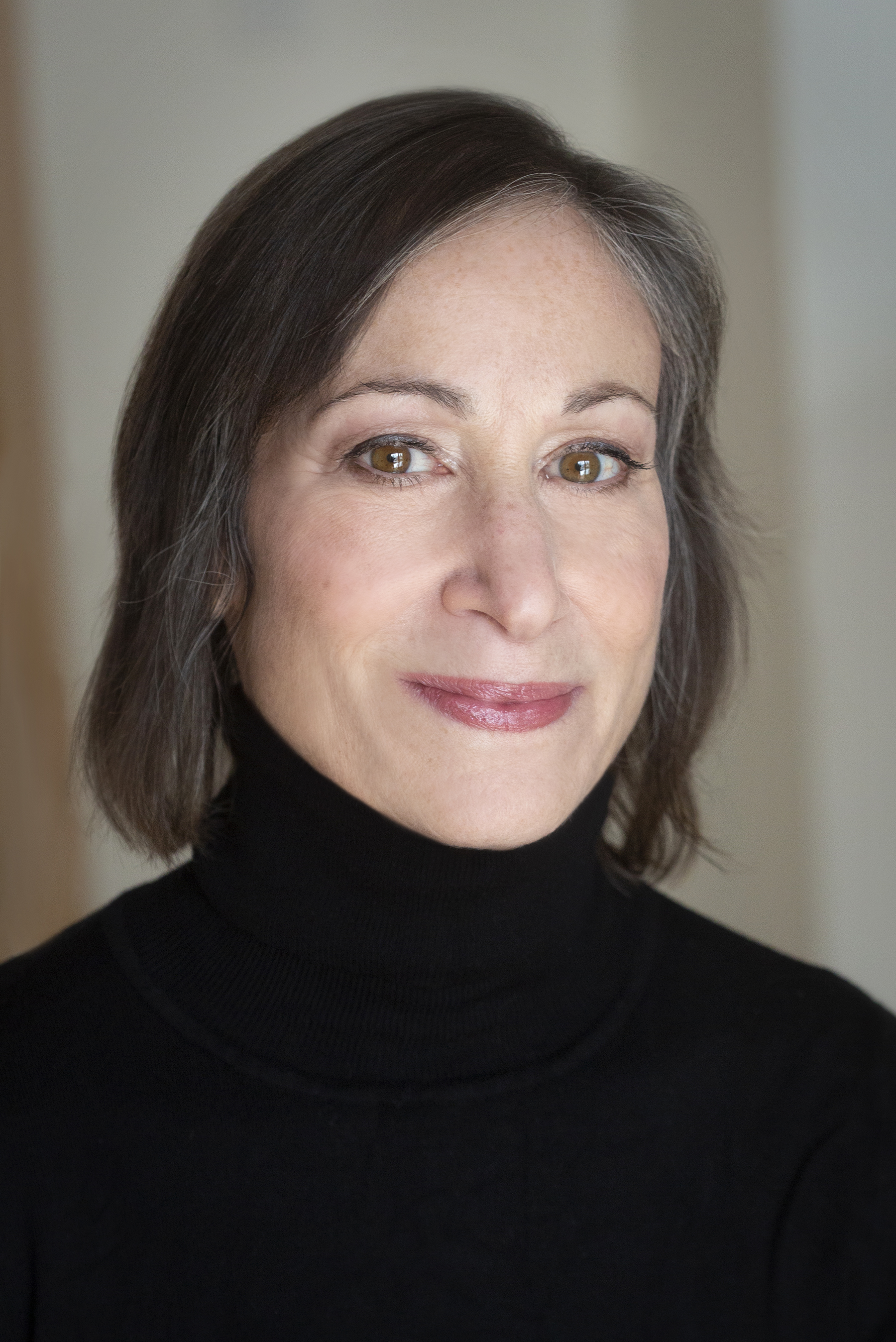I grew up in a fairly traditional Jewish family, and I became a Bat Mitzvah at the age of 13. When my synagogue initially told me that I would not be allowed to read from the Torah, I had my first moment of recognition of what I considered injustice. Luckily for me, I had a mother who fought for my right to read Torah—and the rights of other girls becoming a Bat Mitzvah-- and I also had one of my first moments of recognition of a woman in leadership.
This week’s parashah, Sh’lach L’cha, reports on the expedition by designated scouts to investigate the Promised Land. The Jews have been told they will receive a land of milk and honey, but they are wary. Moses chooses and sends out twelve scouts, one from each of the tribes of Israel. He instructs them to investigate the land and the people. After forty days, they return, but only two of the scouts, Caleb and Joshua, find the land acceptable. The other scouts report that although the land is bountiful, the people residing in Canaan are a danger, and they tell Moses and the Jews that the land is not a blessing.
The Jews accept the report of the ten scouts, and instead of trusting God, they tell Moses that they wish they could return to Egypt. God sees that the Jews have lost their faith, and threatens to destroy them. However, Moses pleads for their lives, and God instead sends them to wander the desert for forty years. The current generation is not allowed into Canaan, and amongst the scouts, only Joshua and Caleb are permitted to survive.
In this parashah, we see that the scouts—who are leaders--lose their faith in God. They do not see the beauty of the land and its produce as worthy of pursuit, due to the power of the people they encounter. Not only do they seem to rebel against God, but also against Moses and Aaron—the leaders appointed by God. Caleb and Joshua try to convince the Jews to keep their faith and say, “The land . . . is an exceedingly good land. If pleased with us, the Eternal will bring us into that land, a land that flows with milk and honey, and give it to us; only you must not rebel against the Eternal.” (Numbers 14:7-9).
We learn here how seriously the Torah takes leadership and its responsibilities. All of the scouts were sent with the same instructions. Yet Caleb and Joshua interpret their instructions as a directive to be positive—and to be courageous. They are not afraid of the challenges of the unknown, despite the fears of so many.
Of course, the responsibilities of leadership can be sobering at times. It is not always easy to be courageous and face our challenges. However, we live in changing times where much is unknown, and we must be both positive and courageous. So many of those who live in North America and around the world are treated unjustly. As leaders, and as Jewish women, we must use our position and our influence to pursue social justice. This obligation is grounded in our Jewish teachings and practice and has always been part of WRJ’s focus and work.
WRJ’s social justice work includes six main priorities: (1) pay equity and fair wages, (2) women’s health and reproductive rights, (3) violence against women, (4) gender equality in Israel, (5) economic justice, and (6) immigration/refugee rights. At this past Fried Leadership Conference in Nashville in March of 2018, WRJ added to their areas of focus, by passing resolutions on behalf of affordable housing and against child marriage. There is no shortage of issues that require action, and there is so much we can all be doing.
Please plan to budget for and send representatives of your sisterhood or women’s group to the WRJ Social Justice Conference on May 18-19, 2019, in Washington, D.C. The conference will be followed by the Religious Action Center’s Consultation on Conscience. At these conferences, we will hold hands-on training on how we can make our voices heard on these important issues, and we will provide education and resources to bring back to our communities on how we can become advocates on behalf of those who need our support.
As leaders, we must be like Joshua and Caleb—try our best to maintain faith and trust in what we know is right. Let us use our power to pursue justice so that we can bring about change in the world.
Judy Wexler is a past sisterhood and synagogue president at North Shore Congregation Israel in Glencoe, Illinois. She is Recording Secretary of WRJ Midwest District and a WRJ North American board member and is co-chair of the WRJ 2019 Social Justice Conference.
Related Posts

Parashat Yom Rishon shel Rosh HaShanah

Cultivating a Culture of Accountability and Belonging


